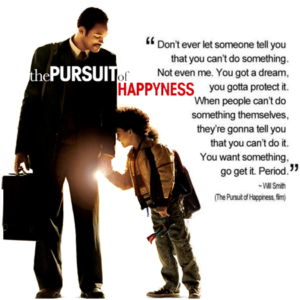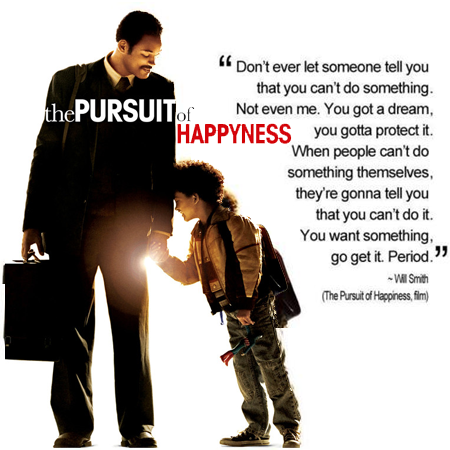Spiritual genetics is a term I’d never heard before hearing Chris Gardner (perhaps best known as the lead character played by Will Smith in The Pursuit of Happyness) describe it during a lecture I was lucky enough to attend. He talked about how he’d crafted the definition of Spiritual Genetics as “that which makes you, you; that has nothing to do with anatomy, biology, chemistry or physics; the part of you that cannot be analyzed, quantified nor measured; that of you that is not composed of blood type, DNA or pigmentation. The part of you that is beyond the scope, reach or understanding of science, medicine or technology.”
Chris went on to say that he believed the spirit of who you’re going to become is something you can choose, that all people are born with an innate spirit, and that spirit can be enhanced or beaten down into darkness.
So, following his logic that spark or spirit, that intangible piece of ourselves that is innate to our being is something we do and don’t have control over. It is that essential part of ourselves that manifests as our attitude, our will, our determination and our compassion.
So how can spiritual genetics and the power of choice impact a person’s life? In Chris’s case it was the part of him that made a decision at only five years old that no matter what he encountered in his life, he would never leave his child. His determination was born of the fact that he was given two conflicting messages as a child- one by his abusive step-father who attempted to diminish his self-worth by continually reminding him that he’d been abandoned by his biological father, and the second by his mother who raised him up by steadfastly telling him he could be and have whatever he was willing to work for. Her gift to him was what he called spiritual genetics. It’s the part of herself that she passed on to him through words and choice, not DNA alone and perhaps not DNA at all.
While Driving into and out of Boston to hear Chris speak, I listened to The Gene, by Siddhartha Mukherjee, a book that explores the history and social context of genetics (everything from Mendel to Eugenics to medical transplantation of genes). Dr. Mukherjee talks eloquently about both discoveries that have been made, and the enormous amount of our genetic makeup that remains a mystery. And about how the more specifics we know, the more we realize how little we understand about the intersection between those pieces… all the invisible lines of connection.
The unplanned synchrony of hearing Chris speak while having The Gene as my backdrop for listening focused my thinking on the critical importance of attending to both the visible and invisible parts of ourselves that together create our humanity.
It seems to me the esteemed physicist Victor Frederick Weisskopf got it right when he said “Human existence is based upon two pillars: Compassion and knowledge. Compassion without knowledge is ineffective; knowledge without compassion is inhuman.”


